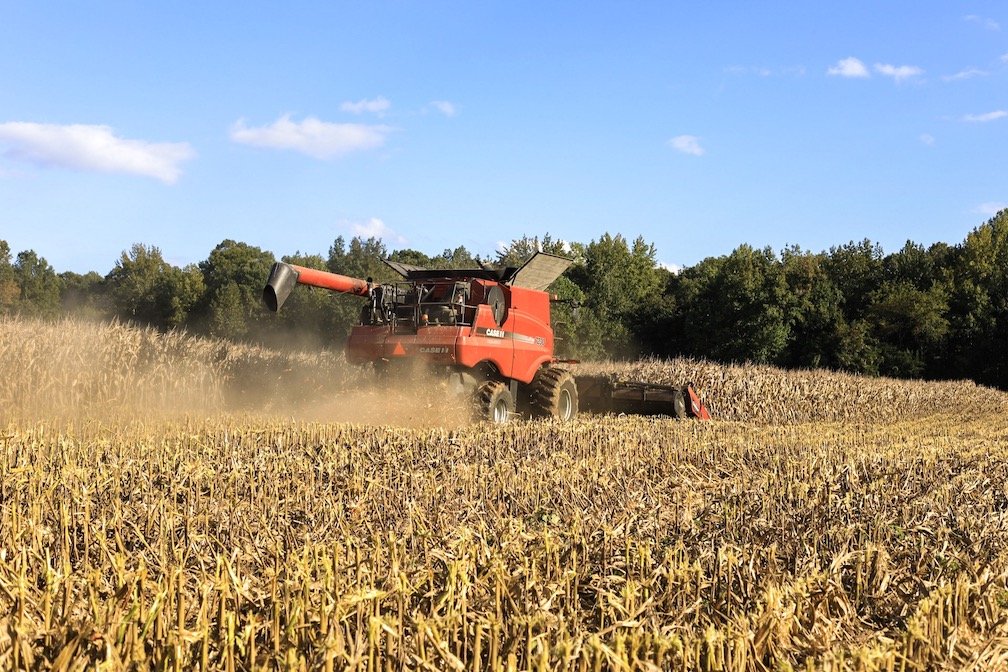State Data
Confidence in data for this state:
HIGH
2018 data unless noted.
Definitions
Terms used on this website and in data sets are defined & discussed here.
Land application site. Photo courtesy of Virginia Biosolids Council.
Farm field fertilized with biosolids. Photo by Sarah Beth Newcomb Photography.
Harvesting corn grown with biosolids. Photo courtesy of Virginia Biosolids Council.
Harvesting corn grown with biosolids. Photo courtesy of Virginia Biosolids Council.
Delivering biosolids for land application to a family farm located near a Virginia battlefield. Photo courtesy of Virginia Biosolids Council.
State Statistics Dashboard
State Summary
● Virginia wastewater solids (sewage sludge) are managed via each of the three options (in 2018): 52% by recycling to soils, 43% by incineration, and 5% by landfill and surface disposal.
● Virginia farms and forests also receive almost as much land-applied biosolids from out of state as from in-state sources, mostly from the DC Water Blue Plains AWWTF (with about 15% of its wastewater flow coming from Virginia) and several water resource recovery facilities (WRRFs) owned by the WSSC (Washington Suburban Sanitary Commission).
● Virginia’s Department of Environmental Quality (VA DEQ) administers state law and regulation pertaining to land application of all biosolids, applying regulations that are more stringent than the federal biosolids regulations at 40 CFR Part 503.
● In the decades prior to this report there was considerable activity in Virginia’s General Assembly (legislature) associated with biosolids, resulting from public concern in some rural localities. Public complaints received during biosolids land application from 2013-2018 declined by approximately 75% from the complaints received from 2008-2012. Several changes occurred in this time frame: application of stricter regulations that included broader notification to adjacent landowners prior to permitting, a more robust procedure for extending setbacks, increased DEQ oversight during land application, and the use of higher quality biosolids. Fewer regulatory and legislative changes related to biosolids have been initiated in recent years.
● Virginia’s biosolids land appliers and WRRFs are supported by associations such as the Virginia Biosolids Council (VBC) and the Virginia Association of Municipal Wastewater Agencies (VAMWA), with ongoing expertise, research, and extension outreach from Virginia Tech, helping to develop and design best management practices.
Spotsylvania County Composting Facility. Photo courtesy of Spotsylvania County.
Spotsylvania County’s “Livingston Blend” compost, before and after use. Photo courtesy of Spotsylvania County.








